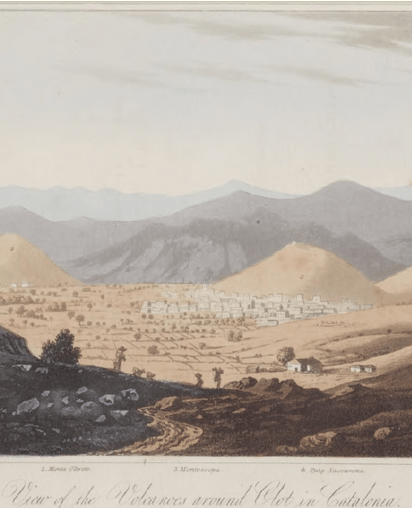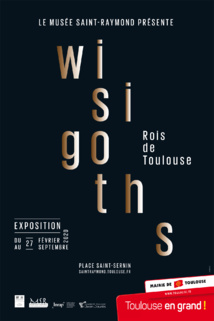After extensive research, the original contents of Charles Darwin’s Library have recently been uncovered. It contained many more than the 1,480 books that have long been known about. Darwin’s complete Library had more than 7,350 titles across 13,000 volumes/items, on a wide variety of topics.
Are there any authors from classical antiquity? In his notebooks, Darwin lists Virgil’s Georgics as ‘read’ and he flags Lucretius 5.847-75 for ‘natural selection according to Lucretius’. In The Origin of Species he cites Pliny for the ‘immense prices … given for pigeons’. So, not much and certainly not Sidonius. Indirectly, though, there is something,
Among the 300 books that accompanied him on the voyage on the Beagle, there are three worth mentioning for references:
1. J.R. Forster, Observations Made During a Voyage Round the World (London, 1778), p. 589 adduces the Panegyric of Avitus for the habit of the Huns who ‘wounded their cheeks … to testify their grief for the loss of a great man or a relation’.
2. C. Daubeny, A Description of Active and Extinct Volcanos (London, 1826), p. 14-15 [about the volcanoes in the Auvergne]:
The high antiquity of the most modern of these volcanos is indeed sufficiently obvious. Had any of them been in a state of activity in the age of Julius Cæsar, that general, who encamped upon the plains of Auvergne, and laid siege to its principal city [fn.: Gergovia, near Clermont], could hardly have failed to notice them. Had there been even any record of their existence in the time of Pliny or Sidonius Apollinaris, the one would scarcely have omitted to make mention of it in his Natural History, nor the other to introduce some allusion to it among his descriptions of this his native province.
The case is even stronger, when we recollect that the poet’s residence was on the borders of the Lake Aidat, which, owed its very existence to one of the most modern volcanos; and that he was aware of the nature of such phænomena, appears from a letter extant of his addressed to the Bishop of Vienne [fn.: See Sidon. Apoll. Lib. 7. Epist. 1. ad Mamertum], in which, under the apprehension of an attack from the Goths, he informs him that he is going to enjoin public prayers, similar to those which the bishop had established, at the time when earthquakes demolished the walls of Vienne, when the mountains opened and vomited forth torrents of inflamed materials, and the wild beasts, driven from the woods by fire and terror, retired into the towns, where they made great ravages.
3. C. Lyell, Principles of Geology (London, 1833), p. 269:
Dr. Daubeny has justly observed, that had any of these French volcanos been in a state of activity in the age of Julius Cæsar, that general, who encamped upon the plains of Auvergne, and laid siege to its principal city, (Gergovia, near Clermont,) could hardly have failed to notice them. Had there been even any record of their existence in the time of Pliny or Sidonius Apollinaris, the one would scarcely have omitted to make mention of it in his Natural History, nor the other to introduce some allusion to it among the descriptions of this his native province. This poet’s residence was on the borders of the Lake Aidat, which owed its very existence to the damming up of a river by one of the most modern lava currents.
We may conclude that it is not unlikely that Darwin knew the locus classicus of the natural disasters in Vienne at the time of Mamertus and Sidonius, and their not being ascribable to volcanic activity in the Auvergne, from the famous, pioneering study of Charles Daubeny, an early supporter of natural selection with whom he later corresponded.



